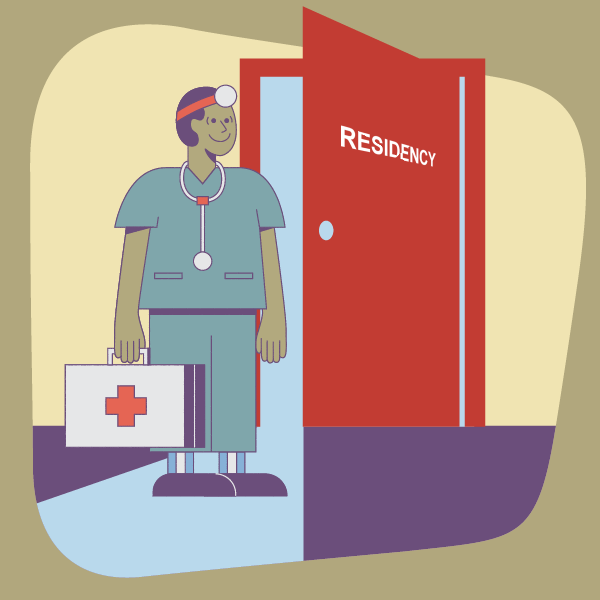
Ripal H. Patel, MD, MPH, shares how locum tenens allowed him to optimize his individual practice of medicine for more freedom and greater stability.
Each year when my residents graduate, I like to check in on them to see how they are adjusting to attending life. Unfortunately, COVID drastically altered their employment landscape. As hospitals saw lower volumes, administrators felt staffing should be cut back. This left the emergency departments unstable, because no one can truly anticipate when patient surges will occur.
“On-call” for the off chance
My graduating resident told me his hours and pay were cut. Further, he was expected to be “on-call” in the off chance there was a patient surge. So, from 6 a.m. to 6 p.m., he was rendered unable to do anything substantial, because the hospital expected him to be there. When asked if he would be compensated for this, there was silence. At least a stipend? Still silence. This was, of course, coupled with being single coverage “waiting” for that surge attending to arrive while keeping it together.
I was put off by this immensely. But what bothered me more was when he went in on his day off for one of these “call” days and walked into a disaster. A CPR was in progress, with really no information on the patient or what was going on. As he went through the formalities of ensuring proper CPR and medications were being administered, his medical director stepped in. She sat there silently watching him, without assisting him, then left. When he left the room, she pulled him aside and told him that there was “concern” about his management during the arrest. Rather than proclaiming he was an attending and not to be treated like a “resident” — or more glaring — why she didn’t step-in to assist, he stayed silent and thanked her for the feedback. “She treats me like I am still a resident, and if I had known it would be like this, I never would have joined this group,” he quipped.
Safe exit strategies and backup plans
Medicine and healthcare have changed drastically. Gone are the days my father knew of doing home visits and long white coats, or charting with writing so illegible it looked like a preschooler executed the orders. Supplemented now are metrics, EMRs, and staff floating around the hospitals in “jogger” scrubs and sneakers.
Through all this change, we as physicians must stand protected and confident that our ability to practice remains true to our morals. And when unsafe work conditions exist, we must have safe exit strategies and back-up plans.
Someone once asked me why I travel so much. I responded I would rather get on a plane and travel so I could control my work-life, schedule, and practice, rather than be trapped into a working matrix where I lacked any of these controls. In my specialty, the burned-out often complain we simply fill holes in schedules, and the humanity of the individual physician is gone. In some respects, I see their perspective.
Freedom to set your own conditions
Locums gives one the opportunity to have short-term assignments, with an option to stay on-board long-term if the setting is favorable. It also permits credentialing to work at multiple institutions, so that if one location changes (and they always do, from leadership, to staffing companies, to managers, etc.), there is an option to go elsewhere. You’re not stuck in a rut to begin job searching again, waiting for paperwork, credentialing, and references.
I remember my first job out of residency. I was so naive to how things operated. I had a medical director that was far more on the side of the administration than supporting his clinicians. The hospital was always willing to side with patients on complaints rather than understand the clinician’s perspective. And working conditions were highly unsafe. And yet, I took it. I didn’t question it, because I didn’t think it was my place to question it. I cringe at that version of me, and how much I felt taken advantage of. And how much I felt my practice suffered.
Optimizing the art of medicine
Being a physician or a healthcare professional is such a blessing. To be able see people often at their most vulnerable, and to couple science coupled with empathy, while understanding their situation in a broader social construct, is indescribable. And yet, so few of us knew the framework from which we would be healing. Building a matrix for that is optimized for the art of medicine is always what has driven me to locums and will continue me strong on that path.


